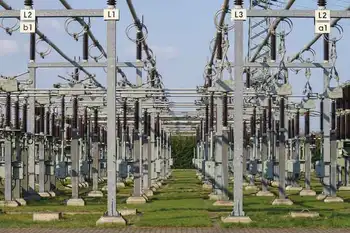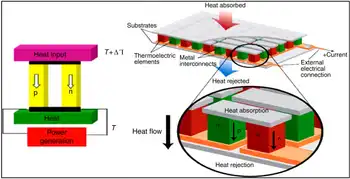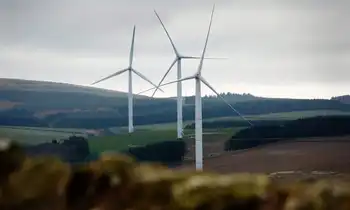UK approves waste-burning power plant
Permission for the controversial plant was granted by the Department for Energy and Climate Change (DECC). Peel Environmental is developing the plant as part of a 100-hectare resource recovery park in the Ince district of Wigan. Peel Environmental is the waste and energy subsidiary of the Peel Group.
The news comes just a few weeks after the government gave the green light for the development of a massive 295-MW biomass plant at Teesport in the north of England, which will be built and operated by MGT Power Limited. The £500 million project will generate as much electricity as a 1,000-MW windfarm and power 600,000 homes.
Buoyed by its success, MGT Power recently announced plans for another giant biomass power project at the Port of Tyne, North Tyneside, England.
The new 95-MW facility will burn municipal, commercial and industrial waste that otherwise would have gone to landfill. The electricity generated will be split between the new resource recovery park and the national grid. In addition, the Recovery Park will host a variety of reprocessing activities, including biodiesel and ethanol production, soil treatment and the recycling of plastic, wood, glass and electrical/electronic equipment.
The decision by DECC to allow the plant has surprised many as the facility was refused permission in 2006 and has been the subject of much protesting by locals and politicians in recent years.
Announcing the decision, Energy and Climate Change Minister Lord Hunt said: "We need to increase our use of renewable energy and to find solutions to the UK's waste problem. This power plant will convert over half a million tonnes of waste each year into energy. The Inspector recommended the power plant be granted consent after a thorough public inquiry. I am satisfied that the mitigation measures to be put in place will protect the amenity of local villages."
Myles Kitcher, Director of Peel Environmental, said: "We are pleased with the decision to grant consent for the Ince resource recovery park. It provides a significant opportunity for the North West to be at the forefront of the UK's low-carbon industrial strategy and to benefit from inward investment and a range of new jobs. Against the current economic climate and drive for more carbon-conscious development, this decision couldn't have come at a better time.
"We also recognize that capturing such opportunities brings the responsibility to work with and address the concerns of local communities. We are committed to working with local people to ensure that proposals are undertaken in an open and transparent manner, with consultation and liaison throughout the development."
Related News

Heating and Electricity Costs in Germany Set to Rise
BERLIN - As Germany moves into 2025, the country is facing significant shifts in heating and electricity costs. With a variety of factors influencing energy prices, including geopolitical tensions, government policies, and the ongoing transition to renewable energy sources, consumers and businesses alike are bracing for potential changes in their energy bills. In this article, we will explore how heating and electricity costs are expected to evolve in Germany in the coming year and what that means for households and industries.
Energy Price Trends in Germany
In recent years, energy prices in Germany have experienced notable fluctuations, particularly due to…




